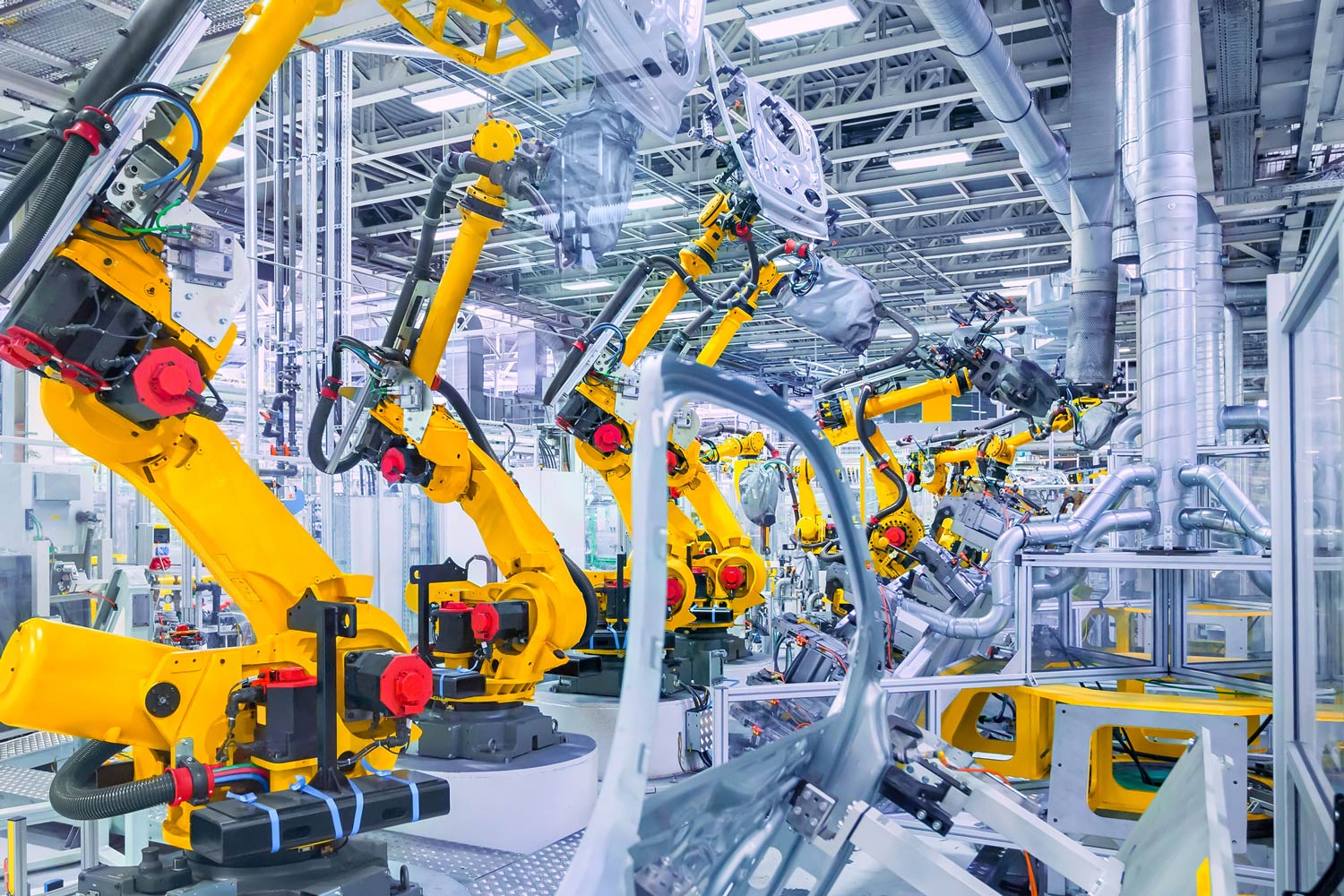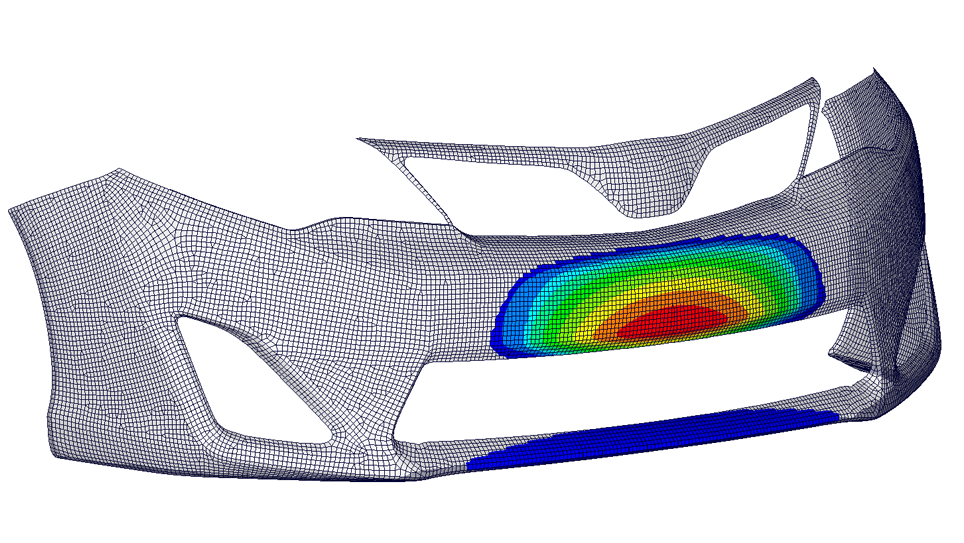Quantum computing could revolutionize scientific computing since they promise to solve certain complex problems in seconds instead of days or years. Some of the questions that have to be answered are:
- What must the problems look like such that quantum computers can solve them efficiently?
- How must algorithms for quantum computers be constructed?
- How do you formulate algorithms on these computers so that they can fully develop their potential?
Fraunhofer SCAI is therefore engaged in the following fields of research:
- Exploration of innovative algorithms
- Transfer of new insights into economy and society
- Development of new business models
The development of competence of German and European companies in this new field is important for international competitiveness in the dynamic markets of digital change.
At Fraunhofer SCAI, the business areas High Performance Computing, Virtual Material Design, Numerica Data-Driven Prediction, Optimization and Computational Finance are working together on this issue for the future.
In addition, Fraunhofer SCAI is in partnership with many institutes of the Fraunhofer-Gesellschaft. We also maintain close links with the activities of other research institutions in the region.



